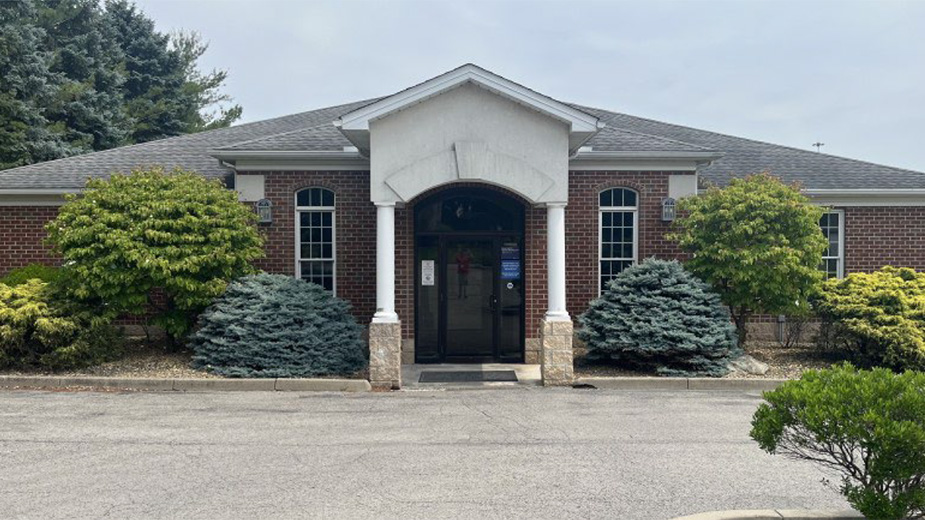Using Medical Marijuana? You’re Fired
YOUNGSTOWN, Ohio — Employees who think that a medical marijuana prescription card is a license to use the substance on the job should think again. Doing so could get them fired immediately.
“It’s already a problem,” reports Rocky DiGennaro, president of the Western Reserve Construction and Building Trades Council. “This is going to impact the entire construction trades as a whole.”
Recently, a member of Laborers Local 125 informed the union leadership that he had been legally issued a prescription card for medical marijuana and was using the drug to combat pain. “He thought it was perfectly OK since it was legal. He was fired on the spot.”
That’s because collective bargaining agreements in the construction trades include clauses that unequivocally mandate a drug-free workplace, DiGennaro says. “You don’t want anybody under the influence at a construction site.”
DiGennaro says the worker in question had a legitimate health issue that enabled him to use the drug. However, there are no clauses in the legislation that allows an employee to use these substances in the workplace. And, since marijuana can linger in the body for 28 days, it is likely that tests will show up positive over a month’s time.
“We told him that while it’s legal in Ohio, it’s not legal as part of our labor agreement,” DiGennaro says. “When it comes to this, the medical marijuana card isn’t worth the paper it’s printed on.”
In the construction trades, drug tests are administered during the pre-employment phase, randomly throughout the course of a person’s employment and following an accident on the job. Introducing medical marijuana into this has only made the matter more complex and troubling for the industry, DiGennaro says, since the number of applicants for jobs and apprentices who cannot pass a drug test is already high.
“A lot of people think that this law is harmless, but it isn’t harmless,” he says. “One guy lost his job over it and there’s nothing you can do about it.”
Indeed, employees have little legal ground on which to stand when it comes to challenging an employer over the use of medical marijuana, says Dennis Haines, attorney and principal at Green Haines Sgambati, a law firm based in Youngstown.
“The statute in Ohio is written in such a way that it doesn’t protect employees in the workplace” regarding the use of medical marijuana. “Any protections would have to be negotiated in specific collective bargaining agreements,” he says.
Medical marijuana was legalized in Ohio in September 2016. Retail sales of medical marijuana through licensed dispensaries began in January of this year.
Earlier this year, Haines’ law firm sent out a memo to clients explaining the new law “reinforces all the rights an employer would enjoy regarding enforcement of internal controlled substance policies prior to the creation of Ohio’s medical marijuana system.”
Thus, the statute protects the employer’s right to fire or discipline any employee found to be using medical marijuana. Nor does it interfere “with any federal restrictions on employment” related to the use of medical marijuana in the workplace.
Furthermore, the Ohio law includes a provision that does not permit an employee fired or disciplined through his participation in the state medical marijuana program to sue his employer or company for taking such action.
And, a worker injured or killed on the job would not be entitled to workers’ compensation benefits if it is determined that the employee was under the influence of an intoxicating substance, including medical marijuana.
“The statute is still very new,” Haines says. “There’s nothing in Ohio yet that offers protection to employees using medical marijuana.”
Drug-free policies are often ironclad in either collective-bargaining agreements and in the public sector, Haines says. In the private sector, the degree to which these rules are enforced and how they affect employees is entirely at the employer’s discretion, since every company has its own policy, he notes.
Marijuana – medical or otherwise – is considered an illegal controlled substance under federal law, Haines says. Federal authorities have turned away from enforcing federal law over state legislation that permits marijuana use for medicinal or recreational purposes. “The question becomes whether federal authorities are going to engage in enforcement actions,” he says. “For the most part, it appears they’ve laid off.”
To date, no cases have appeared before Ohio courts related to employees challenging an employer’s action because of their medical marijuana use.
Not so in other states.
In 2017, the Superior Court of Rhode Island found that an employer is prohibited from refusing to hire a prospective employee because that employee could fail a drug screening because of the use of medical marijuana. That same year, the Massachusetts Supreme Judicial Court ruled unanimously that an employee could pursue a disability claim against an employer that did not provide accommodations for use of medical marijuana.
Conflicting federal court decisions have resulted in even more confusion. In Montana, an employee who legally used medical marijuana sued Charter Communications LLC alleging discrimination after that company fired him when he tested positive for THC. The 9th Circuit Court of Appeals ruled that the employer was within its rights to terminate the employer and that federal law such as the Drug-Free Workplace Act superseded state legislation, in this case the Montana Marijuana Act.
In Connecticut, a federal district court ruled that the state’s Palliative Use of Marijuana Act was not pre-empted by the federal Controlled Substance Act, and awarded a summary judgment to a plaintiff who used medical marijuana to treat post-traumatic stress disorder, or PTSD.
For labor leaders such as DiGennaro, the issue remains far from resolved. “This has opened up a lot of things. It’s going to be a huge problem,” he says.
Copyright 2024 The Business Journal, Youngstown, Ohio.



